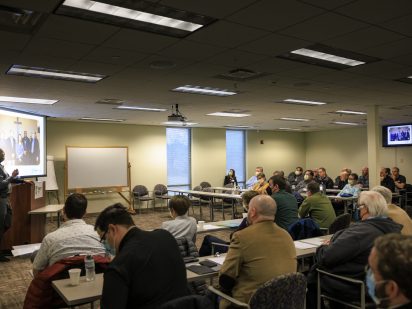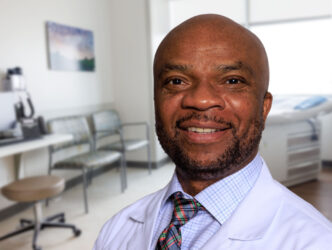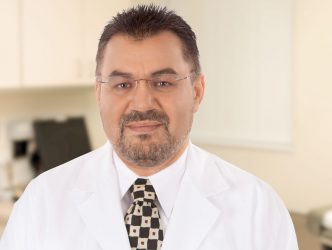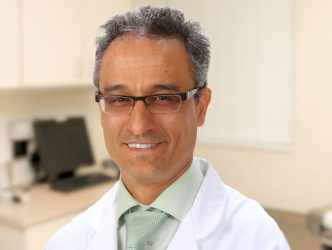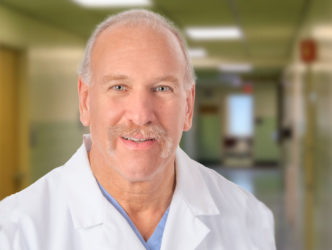It was another sign of life returning to normalcy. Thirty-nine clergy men and women from around the region gathered at Trinity Health Riverside March 24 for a ministry day, the first since before COVID. The meeting and luncheon were hosted by Trinity’s Pastoral Care team: Rev. Sylvester Onyeachonam, director of Pastor Care; hospital Chaplains Rev. Brian Krebs, Rev. Michael Parker, and Rev. Elaine Sveet; and Trinity Homes Chaplain Rev. Luther Hanson.
Chaplain Onyeachonam called it a day to express appreciation and support one another. “As we continue to serve our churches and ecclesial communities whether as a priest, pastor, rabbi, imam or minister, coming together always affords us the opportunity to support each other in these struggling times of the pandemic,” he said.
Pastors have shouldered a heavy burden during the pandemic, leading their congregations through virtual worship services, COVID restrictions that isolated the sick, the weight of too many funerals, and discussions within congregations over pandemic precautions.
“It’s been two tough years,” said Chaplain Hanson, who updated clergy on evolving COVID restrictions at Trinity Homes per CMS and North Dakota Department of Health guidelines. “We’ve opened the north door and north parking lot,” he said. “Screening procedures are still in place; my advice – use plenty of hand sanitizer and avoid visiting if you have even the slightest of symptoms.”
Chaplain Krebs urged pastors to make self-care a priority. “Self-care is doing what helps keep you resilient – spiritual exercise, scripture, meditation, eating healthy, sleeping and exercise.” He touched on the looming issues of grief, loneliness, drugs, alcohol, and mental health problems that plague society.
“Grief is not a disorder, a disease or a sign of weakness. It is an emotional, physical and spiritual necessity. The only cure for grief is to grieve,” he said, quoting Rabbi Earl Grollman.
Vice President Randy Schwan updated clergy on hospital visitation policies. Guidelines were eased late last year, with two visitors now allowed at one time per patient. Masks are still required in all Trinity Health facilities, but he see the day when that may soon change. “We’re hoping the federal government and industry regulators eliminate burdensome restrictions,” he said.
He outlined the toll that COVID-19 has taken on area communities: 1,250 people treated for COVID-19 at Trinity Hospital and a loss of 237 patients. “By comparison, the average number of deaths from the flu in a typical year is 30,” he said, adding, “I should note that our data has never included patients who were in the hospital for another condition and happened to have COVID. These were all COVID patients who were treated for COVID by our medical staff.” He added, “Trinity Health has always cared for the mind, body and spirit; that remains true today.”
Trinity Health Foundation Director Dusty Zimmerman gave the group a glimpse of what the chapel will look like in the new healthcare campus and medical district. The nondenominational chapel will provide a spiritual setting for individuals of all faiths to spend a quiet moment. “Our leadership understands the importance of physical healthcare and spiritual healthcare coming together,” she said. She explained how Trinity Health was founded by area churches 100 years ago and offered ways for them to get involved in building healthcare for generations to come through the current capital campaign.
